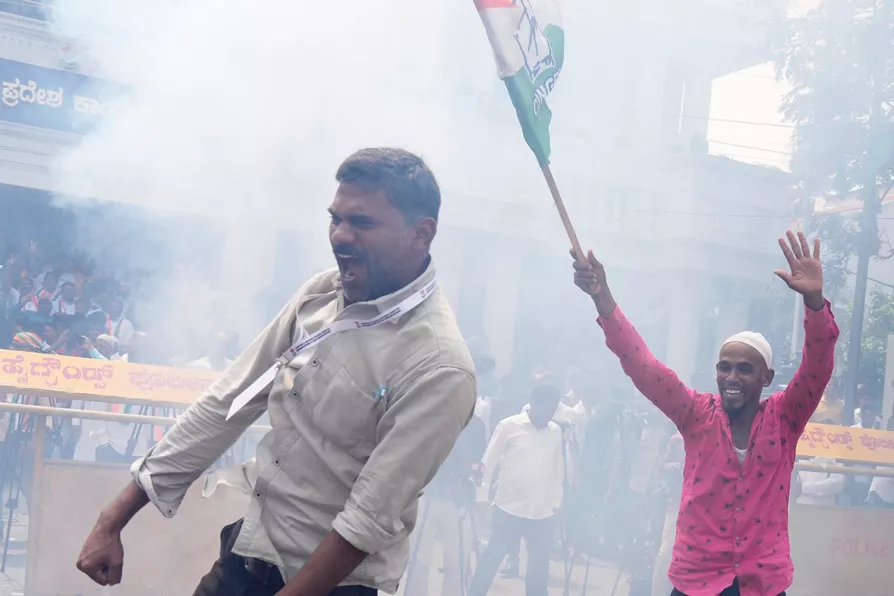The Carpathia isn’t coming to rescue this government still swimming in the mire, writes LINDA PENTZ GUNTER

 JOY: Supporters of the Congress Party celebrate election results in the Karnataka state elections in Bengaluru, India
JOY: Supporters of the Congress Party celebrate election results in the Karnataka state elections in Bengaluru, India
THE defeat of BJP-led Hindutva politics in Karnataka state is cause for celebration and hope for India’s secular constitutional democracy.
The people of Karnataka, in the south-west of the country, rejected divisive and bigoted politics under Narendra Modi’s leadership. His campaign focused on polarisation, while the Congress Party led a positive campaign.
The Congress Party successfully consolidated its votes and organisation, countering Hindutva propaganda with its five “guarantees” policy.

After Zohran Mamdani’s electoral win, BHABANI SHANKAR NAYAK points to the forgotten role of US communists in New York’s radical politics

Modi has rolled out the carpet for the Taliban in New Delhi — and we shouldn’t be surprised. They have more in common than you might think, argues Bhabani Shankar Nayak

Indian communist leader MA Baby considers the chilling escalation of violence against minorities and increasing impunity for their attackers under the Modi regime











